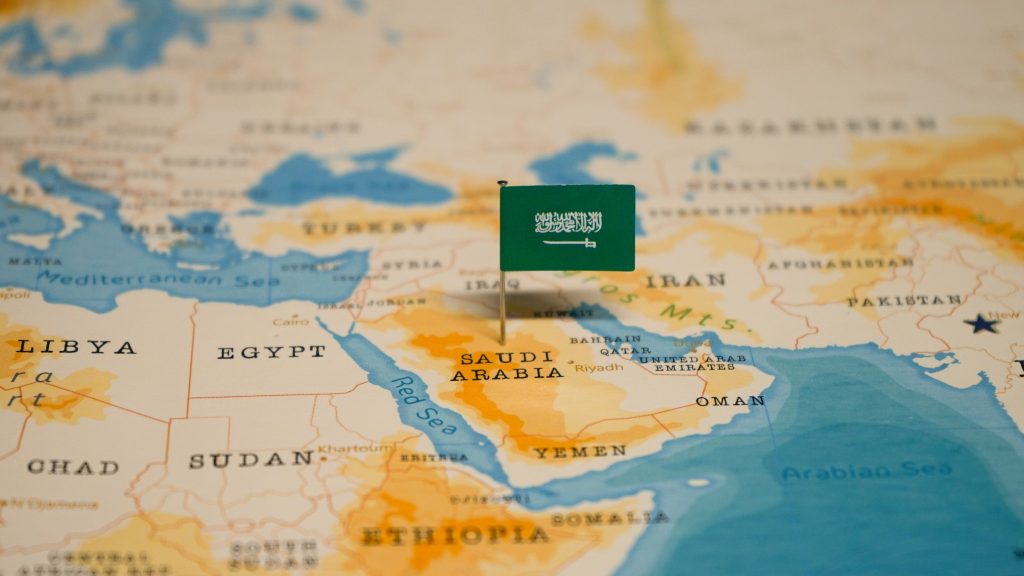AI: A Catalyst for Saudi Arabia’s Economic Transformation
Saudi Arabia is undergoing an economic transformation, leveraging artificial intelligence (AI) as a cornerstone of its strategy to diversify from oil dependency. AI is set to significantly boost the nation’s GDP by 2030, emphasizing its role in sustainable growth.
Under the Vision 2030 framework, Saudi Arabia is investing heavily in technology-led industries. AI is pivotal in this shift, enhancing productivity and fostering a knowledge-based economy. The ITU forecasts AI could add over $13 trillion to the global economy by 2030, with Saudi Arabia well-positioned to capture a substantial share.
The Kingdom’s investment in digital infrastructure, highlighted by initiatives like the National Strategy for Digital Transformation, supports AI adoption across various sectors. This foundation is crucial for job creation, particularly in high-skilled areas, as AI drives the emergence of new markets and services.
While AI offers vast opportunities, it also presents challenges that must be addressed.
Hamad S. Alshehab, Hassan M. Alzain
Saudi Arabia is ramping up training and education programs to prepare its workforce for AI-driven roles. Over 628,000 individuals were trained in a year, with specialized courses for experts in data and AI. As AI adoption grows globally, it will create jobs and potentially displace some roles, necessitating workforce reskilling.
AI’s ability to automate tasks, improve decision-making, and optimize supply chains is expected to boost productivity. This positions Saudi Arabia to integrate AI into sectors like finance, logistics, and manufacturing, enhancing efficiency and reducing costs.
The government is fostering a supportive environment for AI through initiatives like the Saudi Data and AI Authority and the National Strategy for AI. These efforts aim to position Saudi Arabia among the top global leaders in AI by 2030, attracting significant international investments.
Despite potential job displacement, AI can shift human labor towards more complex tasks, enhancing productivity. As Saudi Arabia continues its economic diversification, AI will be crucial in driving GDP growth. However, achieving global leadership in AI will require strategic policies to support a knowledge-based economy.
- Hassan M. Alzain is a master’s student in environmental management at Yale University, with expertise in sustainability and environmental policy.
- Hamad S. Alshehab is pursuing a master’s in finance at London Business School, focusing on digital transformation and innovation.
Disclaimer: The views expressed are those of the authors and do not necessarily reflect the perspective of Arab News.
